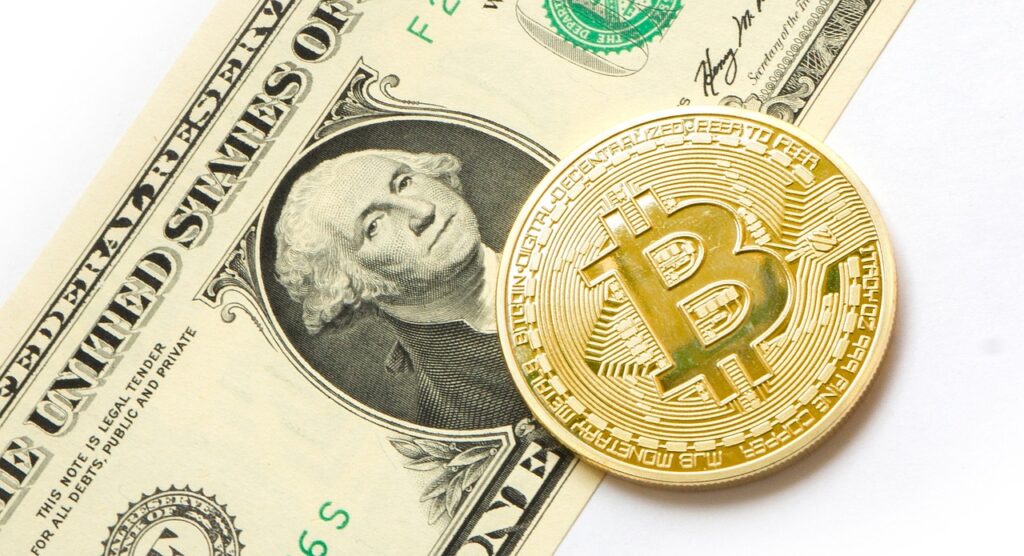While Bitcoin continues its global financial expansion, European Central Bank (ECB) President Christine Lagarde remains firm in her stance—Bitcoin will not become part of the ECB’s reserves. Despite increasing institutional interest and adoption, Lagarde argues that Bitcoin lacks the stability, security, and liquidity required for reserve assets.
Bitcoin as a Hedge Against Instability
Several governments and financial leaders have started exploring Bitcoin as a hedge against inflation and economic uncertainty. Some U.S. states, including Texas and Utah, have even proposed adding Bitcoin to their reserves. Coinbase CEO Brian Armstrong has also advocated for national Bitcoin holdings, arguing that countries should secure their financial future by accumulating digital assets.
Why the ECB Remains Skeptical
Lagarde and other ECB officials believe central banks should only hold assets with predictable value and minimal volatility. Unlike government bonds or foreign currencies, Bitcoin’s extreme price swings make it a risky reserve option. The ECB has instead focused on developing a digital euro, which would provide the benefits of digital currency while maintaining government control.
The Global Perspective
Outside Europe, the debate over Bitcoin’s role in national reserves is intensifying. Former U.S. President Donald Trump recently established a committee to explore digital asset reserves, and El Salvador has already taken the step of integrating Bitcoin into its national treasury.
For investors, the ECB’s rejection of Bitcoin may highlight the divide between traditional financial institutions and the evolving crypto market. While central banks avoid Bitcoin, some investors see this as an opportunity to accumulate before broader institutional acceptance.
⚠️ This article is for informational purposes only and should not be considered financial advice.







